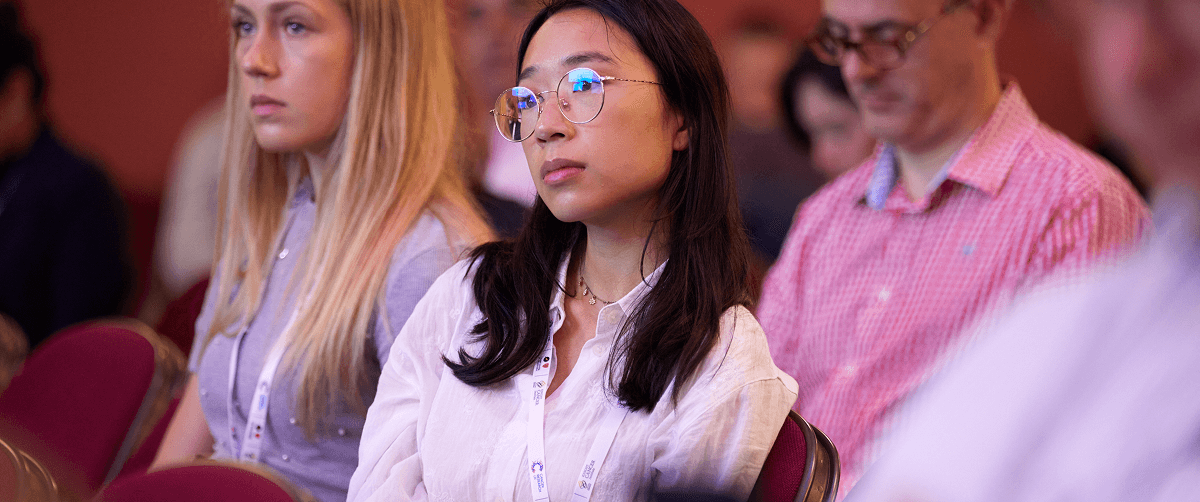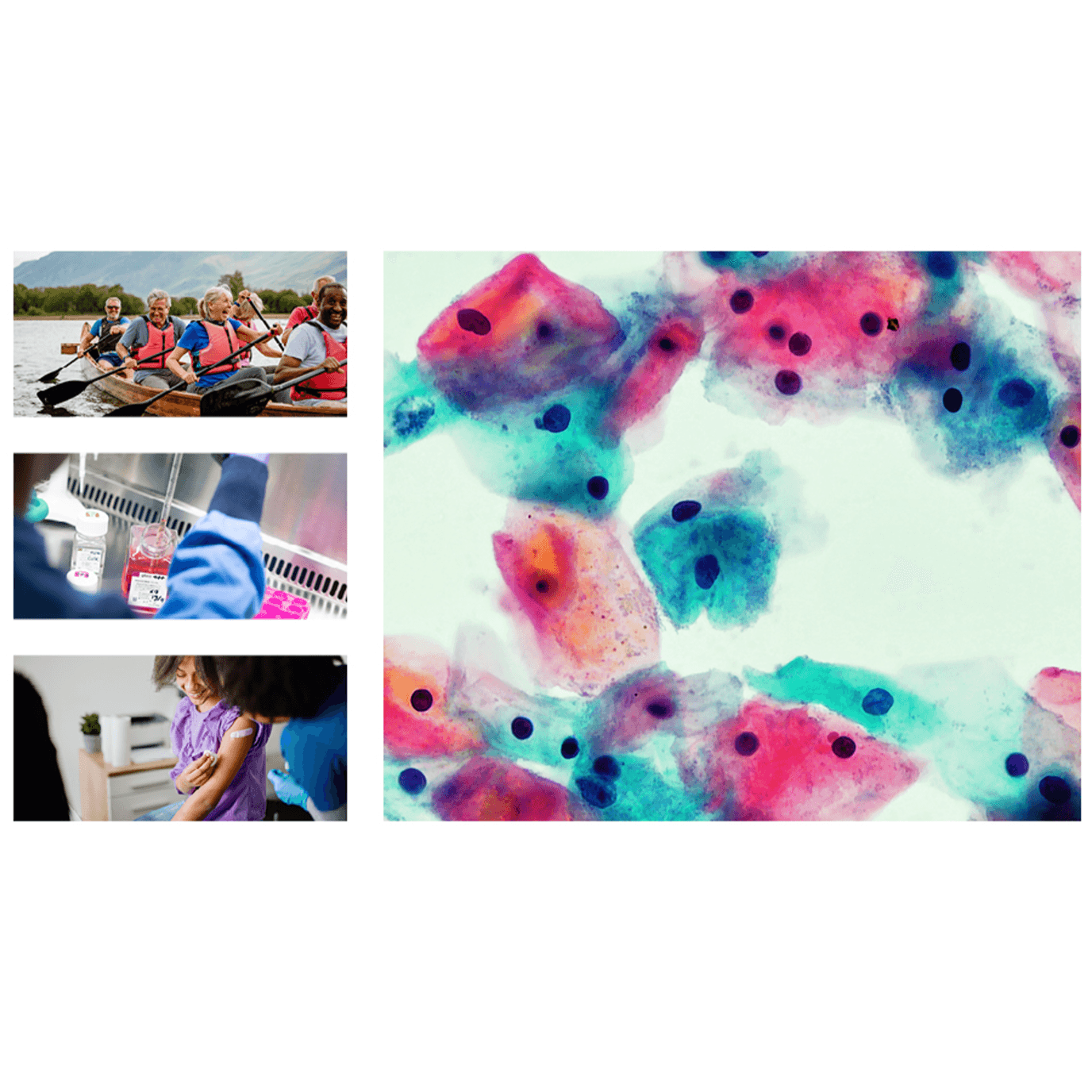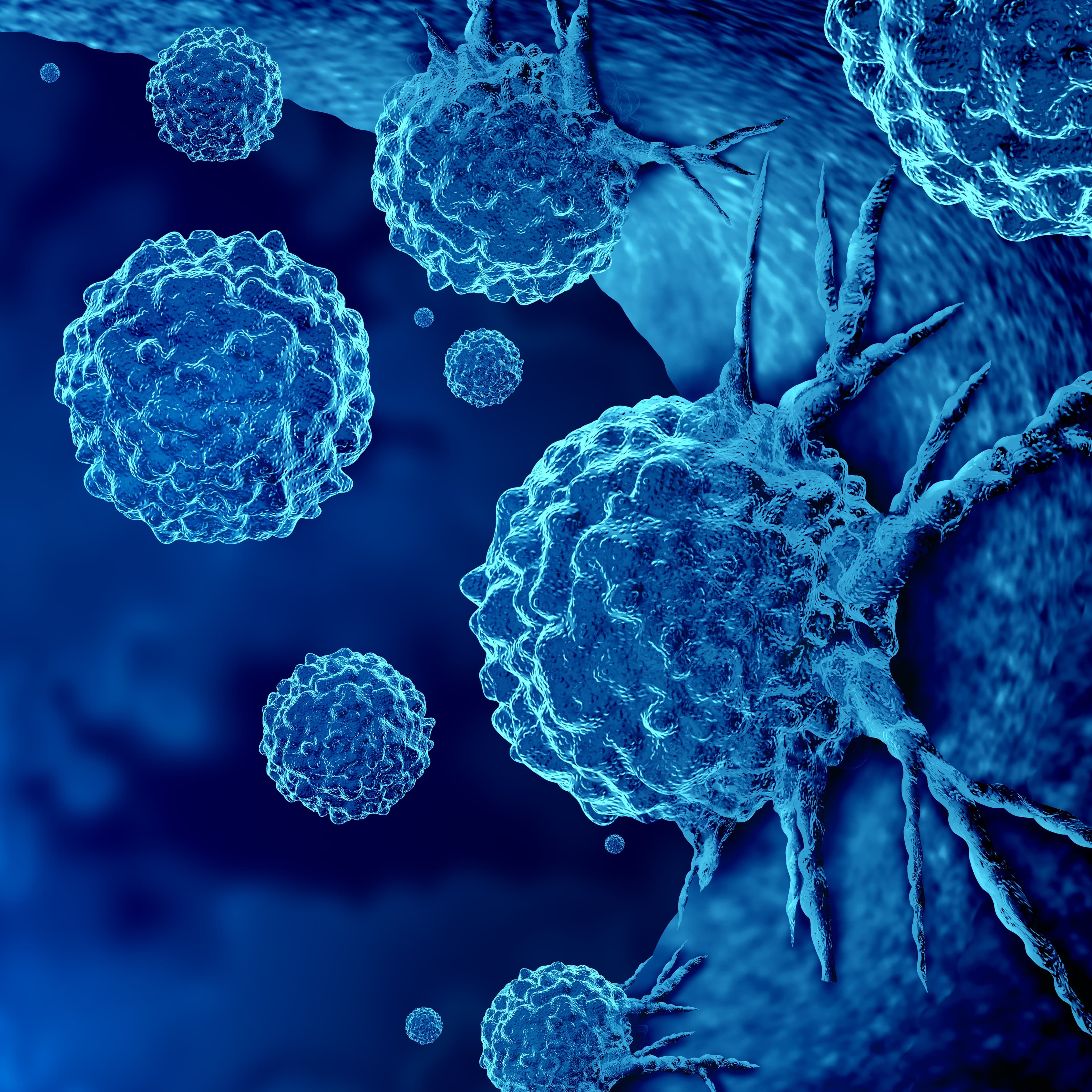
We host and partner on a wide range of in-person and online scientific events for anyone interested or involved in cancer research. Our events are open to the international research community across all disciplines and at all career stages, bringing them together to showcase cutting-edge science and enable multidisciplinary collaborations and discussions.
We also offer more targeted opportunities including development workshops and networking meetings, and events aimed at our translational community.
If you have questions about any of our events or would like to discuss partnering or sponsorship opportunities, please get in touch.
Email the research events team
24-26 February 2026
Edinburgh International Conference Centre, UK
Since our last meeting in 2024, the complexity and volume of data has only grown. We’re expanding the conference to run over three days, giving us the chance to dive deeper into AI, quantum-enabled technologies, patient and public involvement and engagement and the application of cancer research data to personalise treatment and diagnosis.

3-5 June 2026
Atlanta, Georgia, USA
This event is run in partnership with the American Cancer Society. Together we're building a multidisciplinary community to foster new collaborations and enable advances in future cancer prevention approaches.

7-9 July 2026
London, UK
This conference will bring together an international, multidisciplinary community to showcase the latest in scientific advances, ignite meaningful debate and enable new collaborations to catalyse progress in pancreatic cancer research.

6-8 October 2026
Edinburgh, UK
Co-hosted with the OHSU Knight Cancer Institute, we bring together leaders, scientists and innovators from multiple disciplines to share ground-breaking research and progress in early detection.
Join us for three days of knowledge-sharing scientific sessions, networking opportunities and thought-provoking debates on the big questions facing early detection.
Our events provide a unique opportunity for organisations to connect with world-leading cancer scientists who work across the cancer research pipeline.
We are always open to partnering and sponsorship discussions and offer a wide variety of opportunities for organisations interested in supporting our conferences and events.
Contact us for a confidential discussion
Gain access to an influential audience of researchers specialising in data science, bioinformatics, computational oncology, computer science, mathematics or statistics, as well as clinicians, funders and industry, at the Edinburgh International Conference Centre, 24-26 February 2026.
Connect with experts from across the research spectrum, including discovery biologists, geneticists and immunologists, to clinicians, drug developers, trialists and epidemiologists, at our inaugural event at Park Plaza Victoria London, 7-9 July 2026.
We embed equality, diversity and inclusion, health and safety, patient and public involvement and environmental sustainability across all our research events.
Explore our latest articles and podcasts for researchers, exploring issues in cancer science and how that science shapes our understanding of the disease.
Subscribe to our newsletters to hear about the latest news, funding opportunities, events and conferences and other research stories.